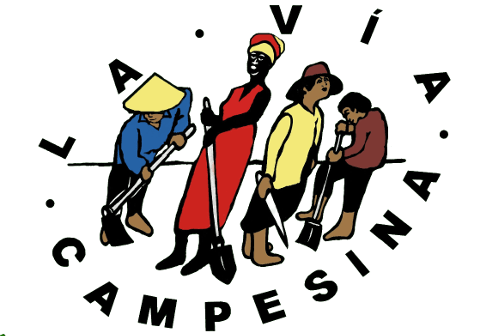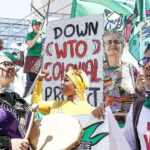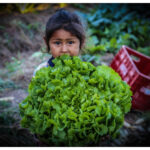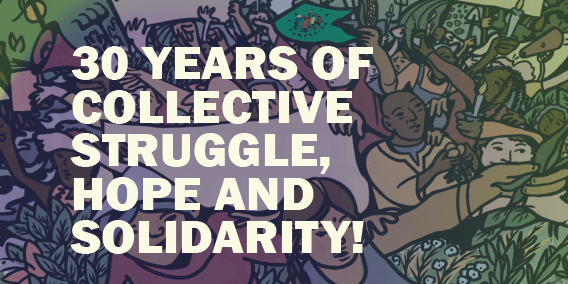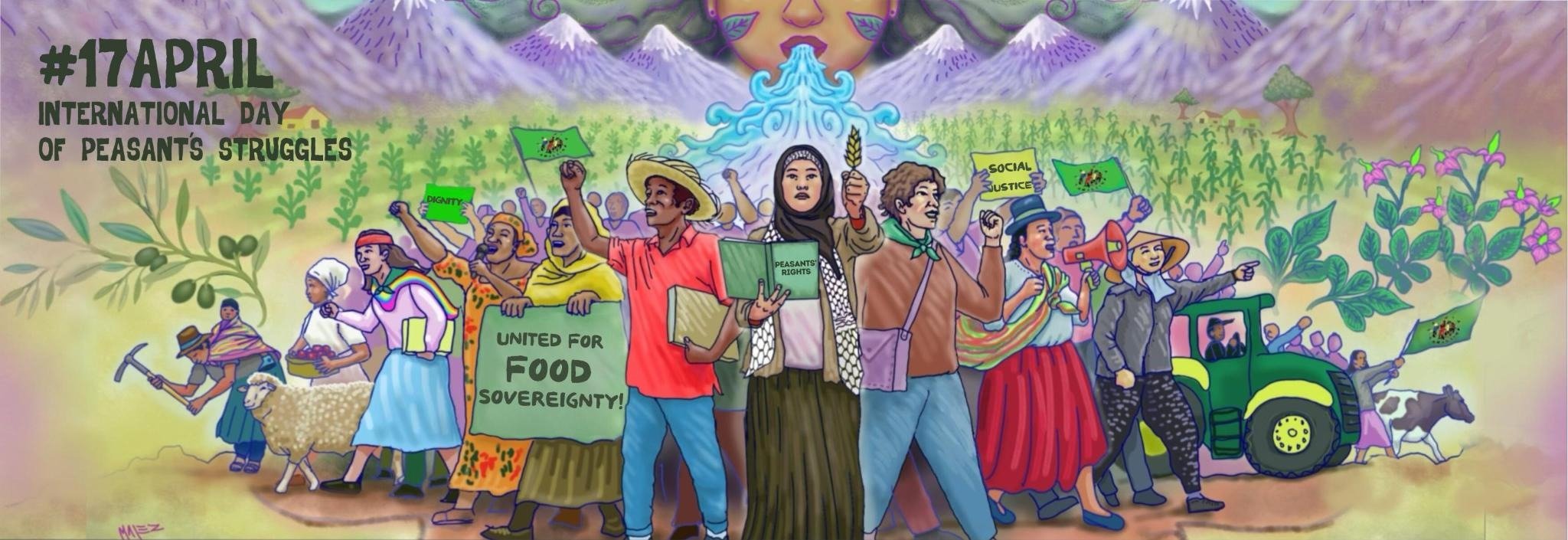A proposal for a workshop at the Asian People's Movement Against ADB by La Via Campesina, GERAK LAWAN (Indonesian People's Movement Against Neocolonialism-Imperialism), Land Research and Action Network, Focus on the Global South
Bali, May 3, 2009 (Room and exact time are to be announced)
Asian Development Bank (ADB) is a Multilateral Development Bank that aiming to reduce poverty and encourage development in Asia Pacific region. ADB provide financial assistance (through grant and low-interest long term loans) and professional advices to the economic and social development activities for developing countries. The ADB has 67 member countries, 19 of which is a donor countries. Its primary financial backers are United States and Japan.
In recent years, ADB has lent around 5 to 6 million US$ a year to the member countries. Indonesia is the ADB's biggest debtor, having received 291 loans worth a total of US$22.56 million and 491 technical assistance projects worth a total of US$253.66 million. ADB policies making huge impact in Indonesia laws and economic.
One of the ADB policies impact in indonesia is the draft of the Land Law. It started in 1999 by the World Bank with Land Administration Project (LAP) and continued with the Land Management and Policy Development Project (LMPDP). After the LMPDP, ADB continues what has been started by the World Bank, making the preparation of Land Law in Indonesia. In December 2007, the MoU is signed by The Government of Indonesia and ADB. ADB gives 500.000 US$ grant to complete the cost of the project that estimated to 625.000 US$, and the rest will be provided by the Government of Indonesia. Indeed it is a small amount for ADB, but the impact was huge for peasant. If the Land Law passed, it will trigger the acceleration of land market in Indonesia. If the market mechanism applied, then the power of the capital is playing an important role in controlling land ownership. It will further worsening the agrarian system in the country, especially for peasants who will lose their access to the land and means of production.
Another ADB hampering policies is Flood Proofing Measures project in Mekong River. ADB giving the Mekong River Commision a 1 million US$ loan to build a mega-dam project. Dam construction in the Mekong river is affecting more than one million people in six countries. The dam is blocking the river and causing the destruction to the rivers' ecosystem. Fisher folk are losing their livelihood along the river, and peasant losing water to cultivate their land.
The main objective of the workshop will be to:
- Discuss the presence of International Financial Institutions, such as the ADB and its neoliberal policies that finance the current crises.
- Discuss the protection of people's right to land and the importance to achieve food sovereignty vis-a-vis to land market and liberalisation by the ADB.
- Discuss the centrality of genuine agrarian reform as a way of protecting natural resources from predatory actions by capitalist.
- Discuss strategies by which broad society support can be built in different countries for protecting people access to land and conduct the comprehensive agrarian reform to assure food sovereignty.
The workshop will seek to press the occurrence of international financial institutions with massive foreign loan distribution has generated debt crisis in third world country. Therefore, distribution of new loan in this current economic crisis only brings a new debt crisis. Speakers will present the causes and links between the ADB foreign loan, their hampering policies, people access to land and food sovereignty and show why the foreign loan policy cannot be a solution for these current crisis. They will also present cases for why comprehensive agrarian reform and food sovereignty are essential and how they can be alternative ways to make a country independent from foreign debt and international financial institutions. Further discussions on how the current discourse on 'global financial architecture' and alternative to IFIs based on solidarity and human rights-approach are also encouraged.
Methodology
Discussion with panelists. Questions and answers will be moderated.
Speakers
- La Via Campesina
- Chanida Bamford, Focus on the Global South
- Shalmali Guttal, Land Research and Action Network
- Dani Setiawan, Koalisi Anti Utang (member of GERAK LAWAN)
- Syahroni, Serikat Petani Indonesia (member of GERAK LAWAN)
